Cordless Random-Orbit Sanders
The new 18v GEX18V-5 and 12v GEX12V-5 finish sanders from Bosch provide ergonomic palm grips, easily accessible speed-selector dials, and side-mounted dust bags.
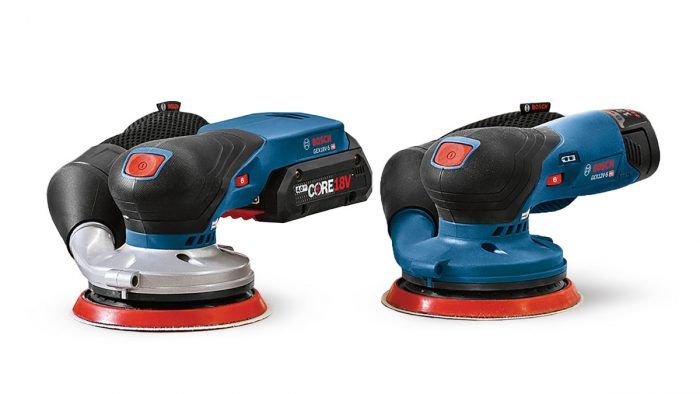
Thanks to improvements in battery technology and the advent of brushless motors, cordless tools have been getting more compact while delivering better performance. Two new cordless random-orbit sanders from Bosch certainly reflect this, delivering dramatic improvements to a segment of the industry that seems to often be overlooked by manufacturers.
The 18v GEX18V-5 and 12v GEX12V-5 share similar outward appearances, including 5-in.-diameter, eight-hole sanding pads; ergonomic palm grips with front-mounted switches; easily accessible speed-selector dials; and side-mounted dust bags that proved to be surprisingly effective in use. Internally, the brushless motors are compact enough that they don’t detract from size or balance; in fact, they contribute to one of the best features of each sander: the low-slung profile that’s more reminiscent of air-powered dual-action sanders than the taller, bulkier offerings from other manufacturers.
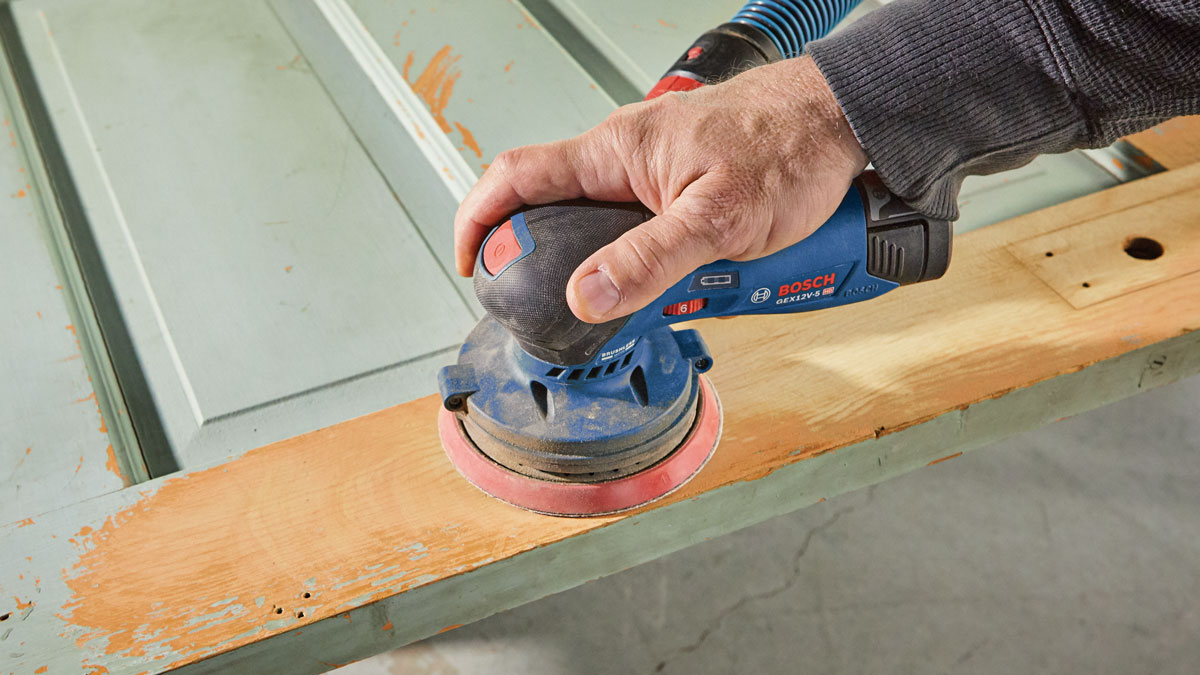
My work as a carpenter and woodworker involves quite a bit of sanding, and I’ve been using both versions for a few months. Overall, I can’t put into words what an improvement they are compared to every other cordless sander I’ve used. Both have good ergonomics, adequate-to-good dust extraction (made better when connected to a vacuum), and excellent balance. Also, they don’t require proprietary sandpaper; almost any 5-in. sanding media, whether paper or mesh, can be used.
It’s important to remember that these are finish sanders, so setting realistic expectations will go a long way in helping you decide whether either deserves a place in your tool arsenal. Both have 3 ⁄ 32-in. orbits, so rapid stock removal isn’t their intended purpose. The 12v, which spins at 6000 to 10,000 rpm, feels less aggressive than the 18v, even though the speeds match—at least on paper. This is likely because the former steps power down sooner when smaller batteries are used. (I most often use 2-Ah batteries with this one, as they create a “tail” that doubles as another grip, though it should be noted that either tool will work with any battery on their respective platforms.) This step down may seem to be a drawback, but the tool is super handy for light tasks, for working off of ladders and overhead, and for use anywhere shedding weight is more important than longer run time.
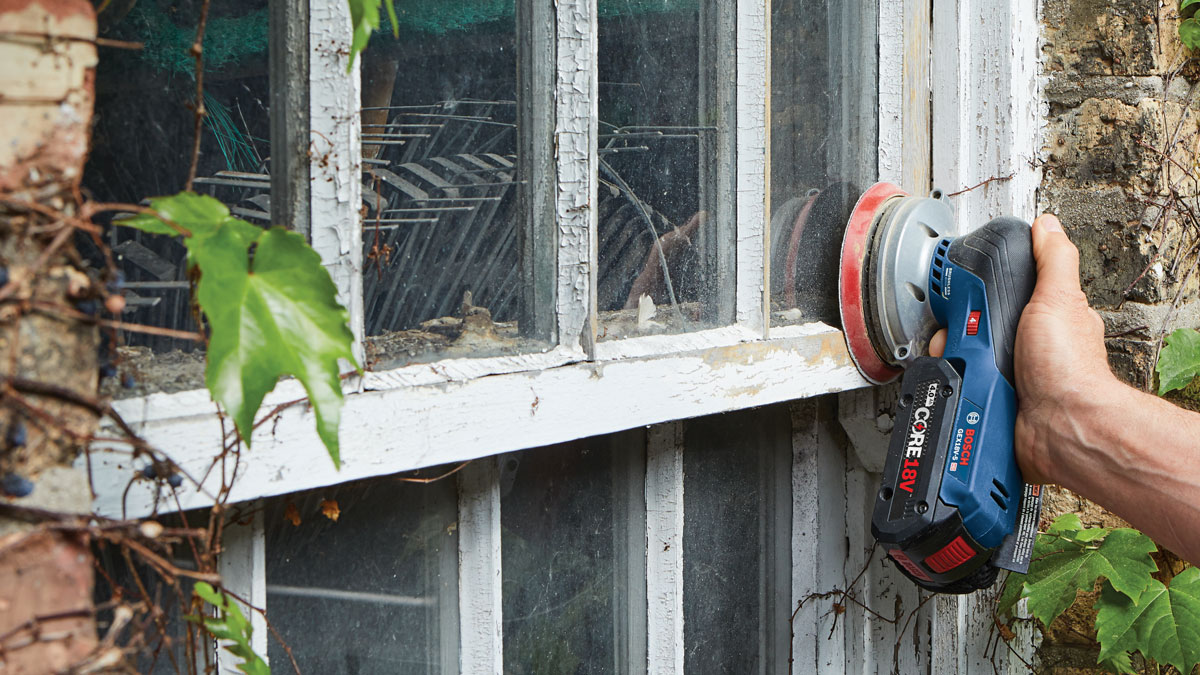
The verdict? I’m sold on both. I keep the 18v at my bench, and it’s the one I reach for most often, since it keeps its rpm up a bit longer than the 12v, is more convenient than electric sanders (even in a shop setting), and has a perfect power-to-weight ratio when paired with a 4-Ah battery. The 12v is usually close by, but it also travels to jobs, where I’ve found it to be an ideal touch-up and installation tool. Given the reasonable pricing and fine performance, I believe these are both excellent values, especially if you’re already invested in either battery platform.
Greg Burnet, carpenter and woodworker
From Fine Homebuilding #307
Photos: courtesy of Bosch
RELATED STORIES
- What’s the Difference: Fine-Finish Sanders: Orbital vs. Random Orbit
- Fine-Finish Sander
- 6-in. Random-Orbit Sanders
Fine Homebuilding Recommended Products
Fine Homebuilding receives a commission for items purchased through links on this site, including Amazon Associates and other affiliate advertising programs.
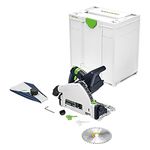
Festool Cordless Track Saw (TSC 55 KeB-F)
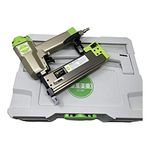
Cadex 18-Gauge Brad Nailer (CB18.50)
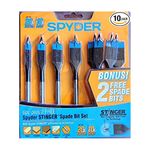
Spyder Stinger Spade Bit





